3 Legal Sites to Read Bleach Comics in Indonesian Complete with Their Synopsis
This article will review several legal sites available for reading the comic Bleach in Indonesian, complete with their synopsis. Let's check it out, KLovers!

Reading books about human civilization and the universe can be an interesting way to broaden your horizons. Such books offer in-depth analysis and a wide perspective on the journey of humanity and the universe. Among the many popular reading materials, the book Sapiens is one that is often discussed by many people.
Many readers feel curious and amazed by the things explained in the book Sapiens. This book successfully opens the minds of its readers about the history and journey of human civilization. However, it turns out that Sapiens is not the only book that discusses human civilization and the universe. There are still several similar books that are also equally interesting to read.
Here are some recommendations for books on human civilization and the universe that are interesting and important to read.
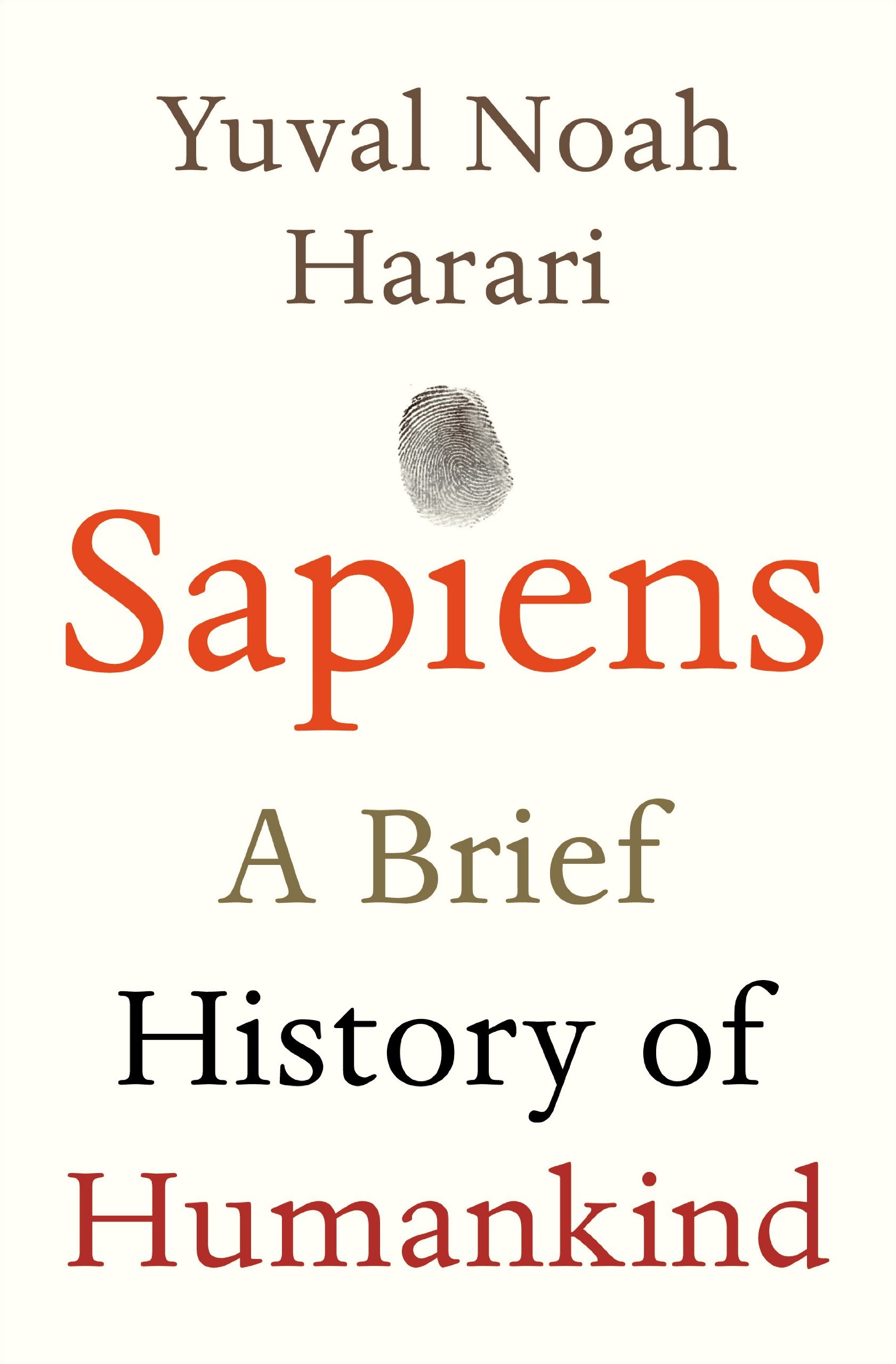
Sapiens book (credit: goodreads)
The book Sapiens by Yuval Noah Harari is a must-read for those who want to understand the history of human civilization. This book discusses the journey of humanity from the dawn of civilization to modern times through three major revolutions: Cognitive, Agricultural, and Scientific.
The Cognitive Revolution explains how humans began to think abstractly, create language, and form cultures. The Agricultural Revolution describes the significant transformation when humans began farming, changing their lifestyle to a settled one. The Scientific Revolution brings us to the modern era with advancements in technology and science.
One interesting aspect of Sapiens is the discussion about Homo Sapiens, the only human species that survived among six early species. This book not only explains physical evolution but also how humans created shared narratives, such as religion, politics, and economics, that shape our world today.
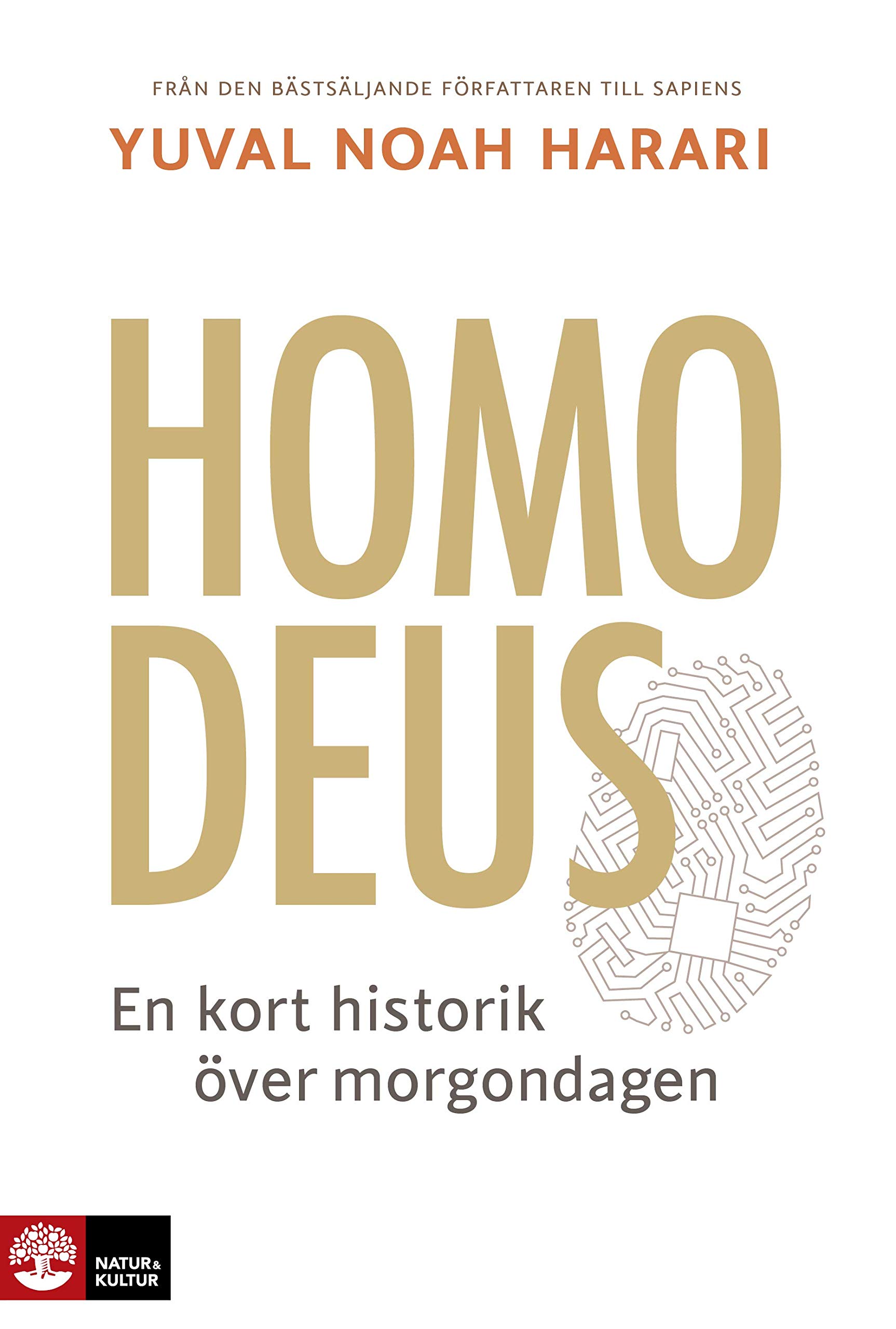
Homo Deus (credit: goodreads)
After discussing the past of humanity in the book Sapiens, Yuval Noah Harari continues with the book Homo Deus. This book discusses predictions about the future of humanity, especially related to technological and biomedical advancements that fundamentally change our lives.
Harari poses provocative questions about how artificial intelligence and genetic engineering will affect human life. He also discusses the possibility of humans creating a new generation that is physically and intellectually stronger. These topics are presented with sharp analysis and are easy to understand.
The book Homo Deus also explores the ethical challenges that arise with technological development. For example, how our moral values change when humans can extend life or enhance cognitive abilities. This book provides a new perspective on the relationship between technology, society, and politics in the future.
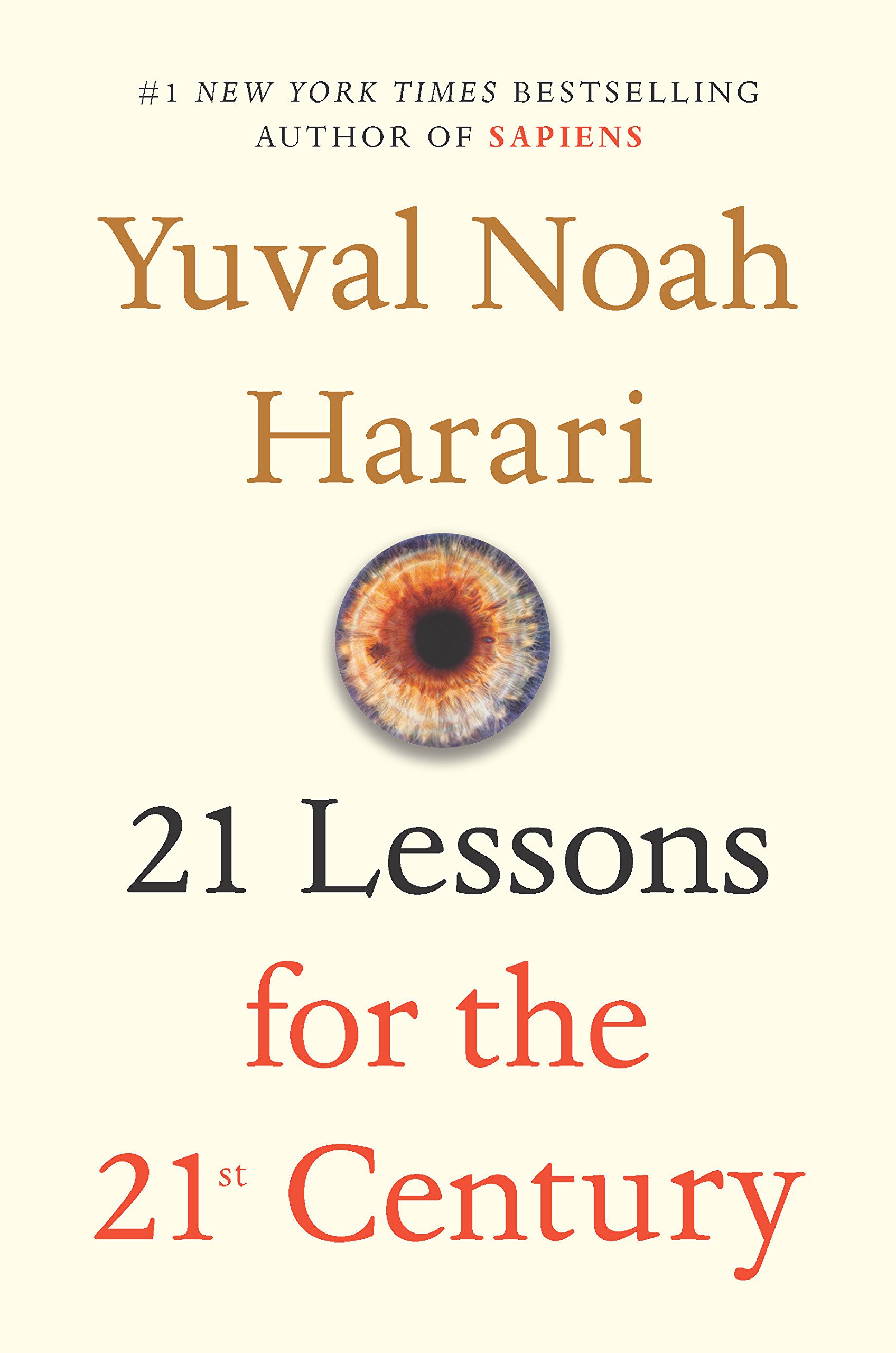
21 Lessons for the 21st Century (credit: goodreads)
Still from the author of the book Sapiens, but in the book 21 Lessons for the 21st Century, Harari shifts focus to the important issues facing humanity in the modern era. This book discusses various topics such as politics, technology, social change, and religion in 21 well-structured chapters.
Each chapter examines global issues, from the fate of democracy to ethical challenges in the technological era. For example, how climate change, economic inequality, and terrorism affect human life. Harari presents deep insights with a critical and relevant approach.
This book is perfect for those who want to understand the contemporary world from diverse perspectives. Harari not only provides in-depth analysis but also offers reflections to help readers find solutions to complex global problems.
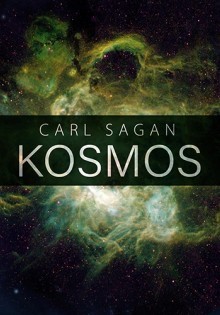
Kosmos (credit: goodreads)
Cosmos by Carl Sagan is a must-read for those interested in astronomy and the universe. This book explains various topics, ranging from space missions to the origins of life on Earth, in simple and captivating language.
Sagan describes humanity's journey in exploring space through technology such as Voyager. He also explains how scientific discoveries help us understand the vast and infinite universe. This book provides a new perspective on our place in the universe.
Interestingly, Cosmos has been adapted into a documentary film titled Cosmos: A Personal Voyage. A new version of this documentary even aired on Netflix in 2014. This book is the perfect guide for those who want to learn more about the world of astronomy and popular science.
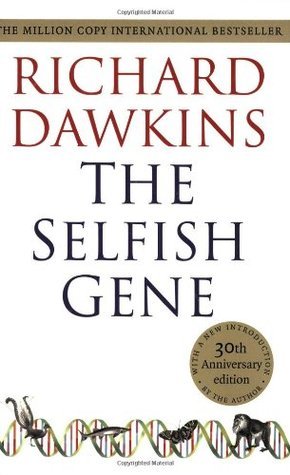
The Selfish Gene (credit: goodreads)
The book The Selfish Gene by Richard Dawkins is just as exciting as the book Sapiens by Yuval Noah Harari. This book explores the concept of the selfish gene that influences the evolution of living beings. Dawkins explains that genes act like entities that strive for self-preservation through reproduction and adaptation.
This book offers a new perspective on how living beings survive amidst the harsh realities of natural selection. Dawkins uses interesting examples to illustrate how genes shape the behavior of living beings, including humans.
With a straightforward and scientific approach, The Selfish Gene is a suitable read for those who want to understand the relationship between evolutionary biology and everyday life. This book provides insights into how life evolves and adapts over time.
These are some recommendations for books about human civilization and the universe. Go ahead and add the books above to your reading list. If not now, when else?
(kpl/psp)
Cobain For You Page (FYP) Yang kamu suka ada di sini,
lihat isinya
This article will review several legal sites available for reading the comic Bleach in Indonesian, complete with their synopsis. Let's check it out, KLovers!
Let’s explore some of the best boxing anime series that will amaze you with their deep stories and intense fights. Come on, let’s check it out, KLovers!
Let's take a look at some Thai fried chicken recipes that can be a delicious and simple side dish for family meals. Come on, let's check it out KLovers!
For those of you who enjoy challenging and tense viewing, the best Japanese survival movies can be a great choice. Here are recommendations for Japanese survival films that highlight exciting and unique stories.
Check out the secrets of Kazuha LE SSERAFIM's diet menu that makes you slim and is definitely suitable for you to try, without feeling tortured and bored! Let's take a look right away.
Check out the complete explanation on the easy diet method ala Kun NCT that can make you healthier and slimmer! Let's take a look, KLovers.
Let's check out the complete synopsis of the Korean drama FAMILY MATTERS along with the cast list that makes the Korean drama FAMILY MATTERS a must-watch year-end drakor! Let's dive right in.
To find out what the meaning of the word baby which has now become the most popular term of endearment, just check out the following review.
Now, to know how to claim BPJS Employment and the requirements, just check out the following review:
Let's check out some legal comic reading sites Haikyuu that you can know, complete with their synopsis. Come on, let's check it out, KLovers!
So, what is the actual meaning of the song Perayaan Mati Rasa? Instead of being curious, to find out, let's directly check out the following review.
So, which anime movies have managed to achieve high ratings in 2024? To find out, let's take a look at the list and brief reviews below.